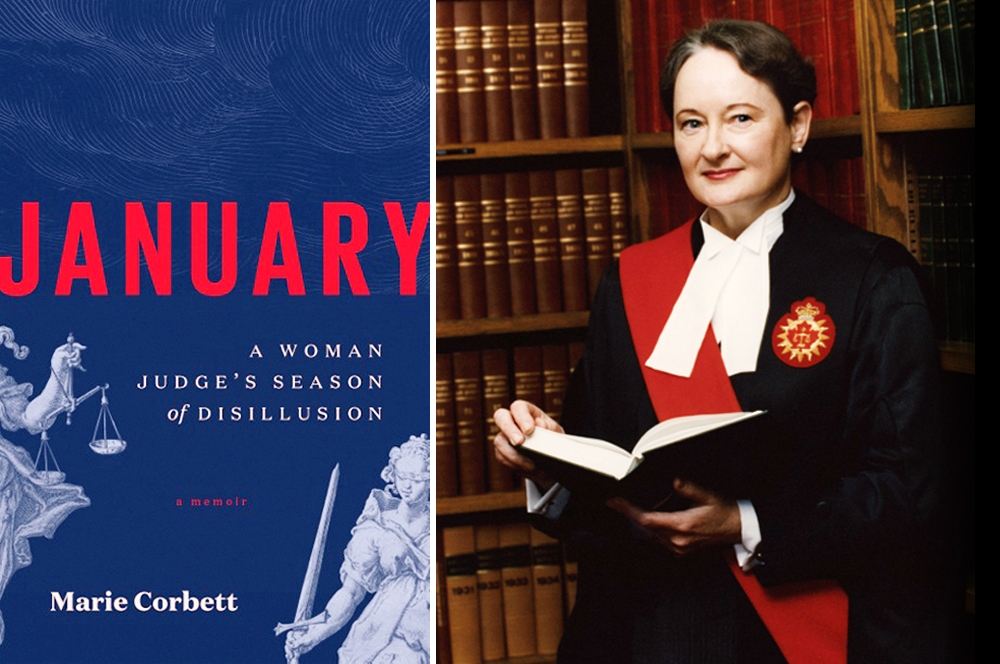
Beware the Spin
The Charter challenge against medicare is not about improving access to care for patients, but allowing doctors to charge more
Since the inception of medicare in Canada, opinion polls in all parts of the country consistently show that a vast majority of Canadians believe in equal access to health care based on need, not ability to pay.
Yet this is precisely what is at stake in the Charter challenge against medicare taking place in the BC Supreme Court this week. Dr. Brian Day, one of the founders of the Cambie Surgery Clinic, is contesting restrictions on doctors working in the public health system from also charging ‘extra fees’ that would be paid for privately – out-of-pocket by patients or through private health insurance.
Far from defending the constitutional right to timely care for everyone in Canada, Dr. Day’s Charter case – not the one he talks about in the press, but the one actually being argued in the B.C. Supreme Court – shows no concern for the rights of those who are ineligible for, or cannot afford private health insurance or private care.
It defies belief to dress up a fight that, if won, would undermine the public health care system as heroic. Yet, from the outset of the Cambie Surgery case, Dr. Day has insisted he is defending the constitutional rights of all Canadians to timely health care.
Unfortunately, that is far from the case.
In recent interviews, Dr. Day has decried a public health care monopoly that prevents patients from extricating themselves from the pain and suffering of waiting lists. He’s drawn parallels to unjust laws outlawing same sex marriage, safe injection sites, and assisted suicide.
But what exactly are Dr. Day’s lawyers arguing in court this week?
They’re invoking section 7 of the Canadian Charter – our right to life, liberty and security of person. They are using section 7 as a basis for striking down B.C.’s ban on private health insurance, extra-billing by physicians and other limits on private care.
In other words, this case is about doctor billing practices and not about Canadians’ Charter rights to improved patient care.
The gap between how the vast majority of Canadians understand the right to health care and Dr. Day’s reading of the Charter is readily apparent.
Dr. Day’s lawyers have been clear they’re not arguing that the section 7 creates a ‘positive’ right for patients to receive a certain quality or timeliness of publicly funded health care. Far from it.
Just like Dr. Chaoulli in his challenge to Quebec’s ban on private insurance a decade ago, Dr. Day’s lawyers are not arguing the B.C. government is constitutionally obliged to do more to improve the public system in order to safeguard the Charter rights of all patients waiting for care.
No, Dr. Day claims that section 7 makes it unconstitutional for governments to place any limits on private health insurance or private care that might make it harder for those who can afford it to jump the public queue.
 To be clear, a successful outcome for Dr. Day and Cambie Surgery would be Charter protection for billing practices that have been proven to actually undermine the public system.
To be clear, a successful outcome for Dr. Day and Cambie Surgery would be Charter protection for billing practices that have been proven to actually undermine the public system.
In Dr. Day’s Charter universe, that ideal of access to health care irrespective of ability to pay is turned on its head. Instead we face the specter of a right to health care based on wealth.
No one should fall through the cracks in circumstances where their life or security of person is at threat. This is a right they should have whether or not they can pay for private care.
Dr. Day insists he is fighting for the rights every one of us who might find ourselves languishing on a public waiting list. But if that were true, he would be asking the courts to order Canadian governments to address inadequacies and inequities within the public system.
Dr. Day would not be calling for the courts to strike down the public system, but to make it better. This is the Charter right to health care that the vast majority of Canadians want and deserve.
Let’s hope that the courts are listening to us and not to Dr. Day.
 Martha Jackman is a professor of constitutional law and member of the Centre for Health Law Policy & Ethics at the University of Ottawa. She represented the Charter Committee on Poverty Issues in the Chaoulli case.
Martha Jackman is a professor of constitutional law and member of the Centre for Health Law Policy & Ethics at the University of Ottawa. She represented the Charter Committee on Poverty Issues in the Chaoulli case.












